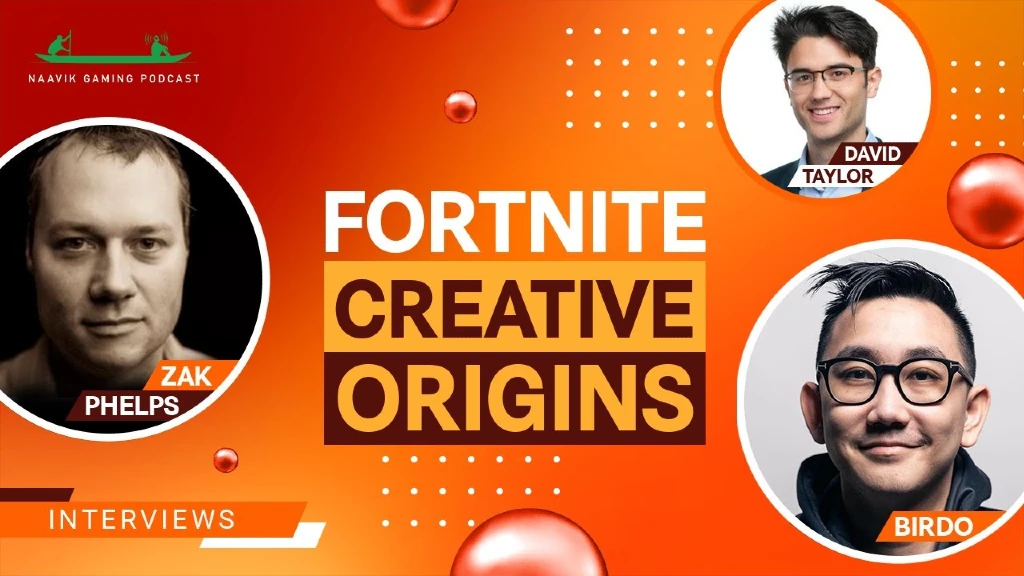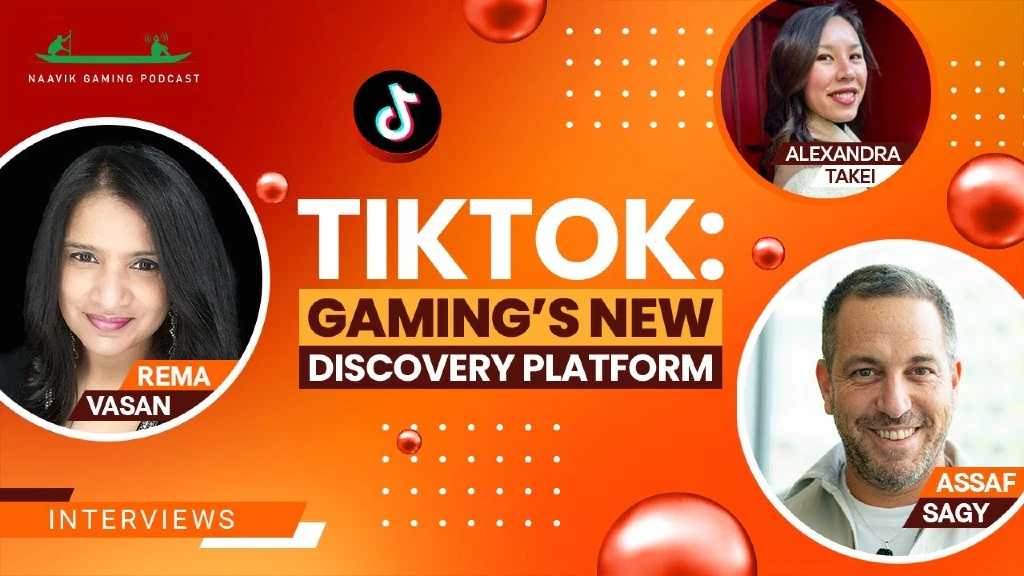Studio369 is preparing to launch MetalCore, an open world player-versus-player mech combat game that combines the engagement of high-quality traditional gaming with true asset ownership via web3.
It has been in the works for about three years, with the game expected to hit a closed beta by the end of March and an open beta test by May 2024. It’s being built by a team of experienced developers familiar with the mech combat genre from LucasFilm, Disney, and Activision, among others.
In this episode your host, Niko Vuori, dives into how MetalCore is integrating NFTs and digital ownership into the mech combat genre, what utility the $MCG fungible token will provide players, what it's like to build on Immutable, and more.
To get your key for Phase 2 of the closed beta, visit https://metalcore.gg. You can find Dan Nikolaides on LinkedIn.

Also, big thanks to ZEBEDEE for making this episode possible! ZEBEDEE provides a plug-and-play API and SDK for seamless integration of instant, borderless, and low-fee payments using the Bitcoin Lightning Network. Want to better engage and monetize your global user base? Start for free at https://zebedee.io/








